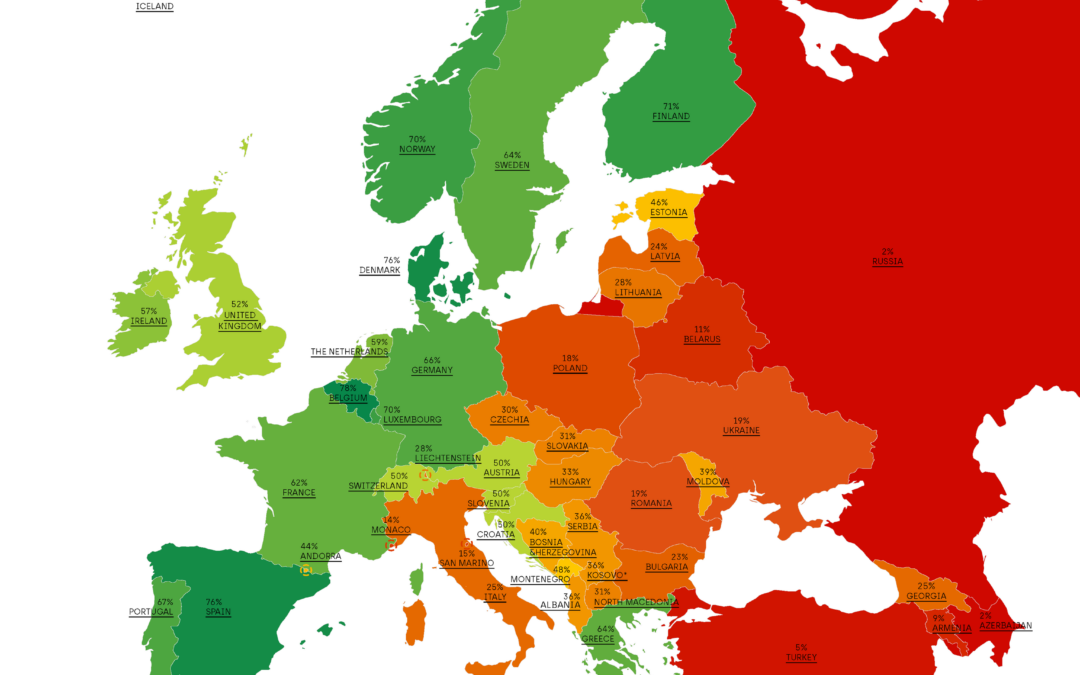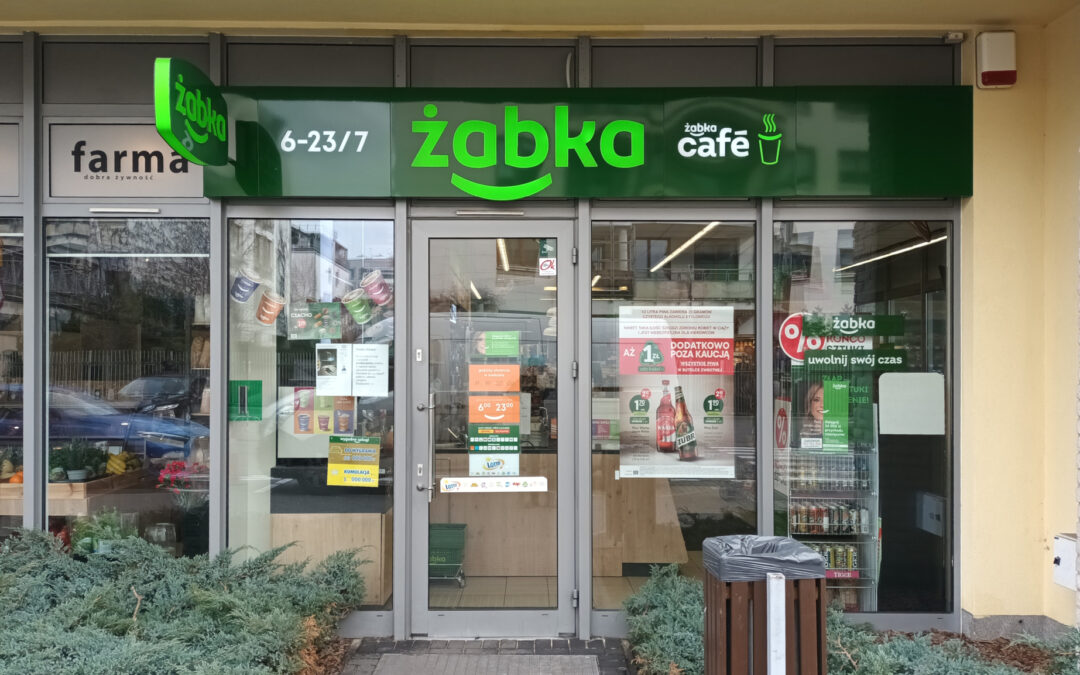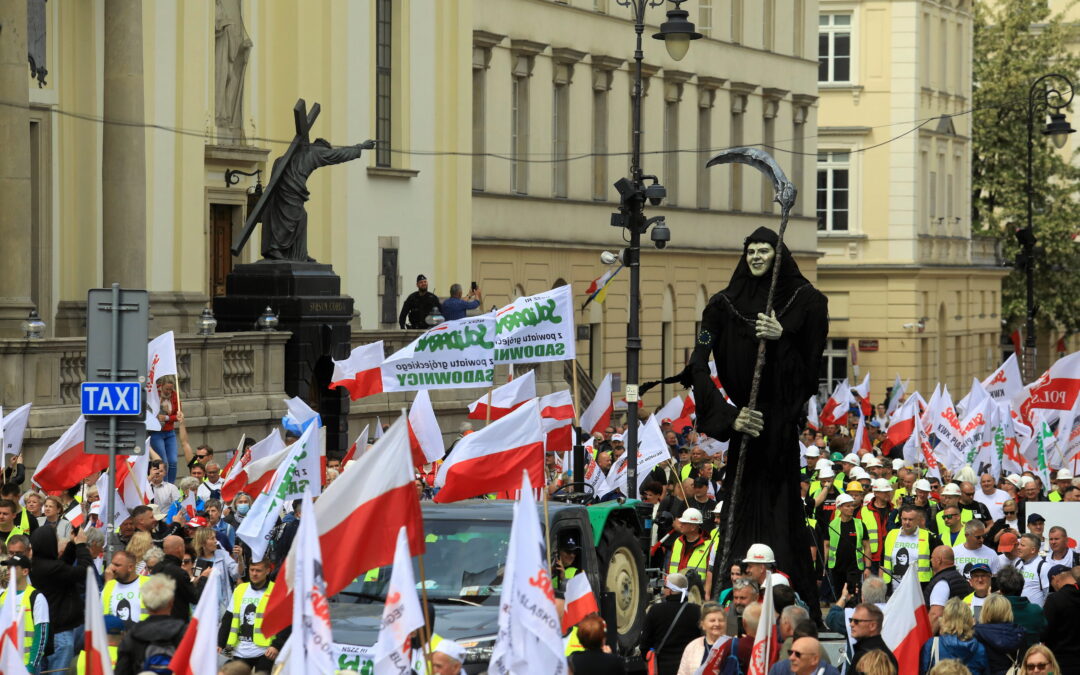Poland has been ranked as the worst country in the European Union for LGBT+ people for the fifth consecutive year in the annual Rainbow Map published by ILGA-Europe, a Brussels-based NGO.
Poland’s score in the ranking – which takes account of the legal, political and social environment for LGBT+ people – rose slightly from 15% last year to 17.5% now. The next lowest figures among EU member states were for Romania (19%) and Bulgaria (23%).
The only countries in Europe with lower scores than Poland are all outside the EU: San Marino (14.5%), Monaco (14%), Belarus (11%), Armenia (9%), Turkey (5%), Azerbaijan (2%) and Russia (2%).
At the other end of the scale, Malta (88%), Iceland (83%), Belgium (78.5%), Spain (76.5%) and Denmark (76.5%) topped the ranking.
Our newly branded and reloaded #RainbowMap 2024 is live, ranking from top to bottom 49 European countries on their legal and policy situation for LGBTI people. Check it out now! https://t.co/YukKT1KSNF pic.twitter.com/v9XD1MKz6X
— ILGA-Europe (@ILGAEurope) May 15, 2024
As well as being up from last year, Poland’s score of 17.5% was also its highest since 2019. In that latter year, the then Law and Justice (PiS) government launched a sustained anti-LGBT+ campaign that saw Poland fall in the ranking.
The national-conservative PiS was replaced in power in December 2023 by a new, more liberal coalition, which has promised to improve LGBT+ rights. However, it has so far not passed any legislation to that effect, which in any case would face potential veto from PiS-aligned President Andrzej Duda.
Two of the policies the government hopes to introduce – civil partnerships for same-sex couples and expanding hate crime laws to cover sexual orientation or gender identity – are among the three main recommendations made by ILGA-Europe for how Poland can improve the situation of LGBT+ people.
Its third suggestion is that Poland allow same-sex couples to have access to second-parent adoption (meaning allowing one member of a couple to legally adopt the biological child of their partner without terminating the other parent’s legal rights).
Figures from each of the three main groups that make up Poland’s new ruling coalition, including a government minister, have outlined plans to introduce same-sex unions
However, one of them has ruled out the idea of also allowing same-sex couples to marry https://t.co/cxBsVqy8Lk
— Notes from Poland 🇵🇱 (@notesfrompoland) December 18, 2023
In its country report for Poland this year, ILGA-Europe observed that “hate speech and anti-LGBTQ+ messaging was used significantly less” during October’s parliamentary election campaign than it had been in previous years.
However, it added that figures associated with the PiS government had regularly used anti-LGBT+ rhetoric in relation to education in schools. That included PiS education minister Przemysław Czarnek blaming “brainwashing” by “LGBT ideology” for a rise in attempted suicides by children.
ILGA-Europe noted legal victories for LGBT+ rights campaigners last year, including a criminal defamation conviction against the head of a conservative foundation that drives vans with anti-LGBT+ images and slogans around Polish cities.
The head of a conservative group that sends out vans covered in slogans linking LGBT people to paedophilia has lost his appeal against a defamation conviction.
The court found the slogans to constitute "hate speech" and to defame LGBT people as a group https://t.co/3FRHuAUVqg
— Notes from Poland 🇵🇱 (@notesfrompoland) January 19, 2024
However, other rulings went against LGBT+ campaigners, including the conviction in April last year of two women who were found guilty of the crime of offending religious feelings by displaying an image of the Virgin Mary and Jesus with rainbow halos during an LGBT march.
Last year also saw the justice minister order the release from prison of a far-right activist who had been jailed for attacking a woman participating in an LGBT march. She was later granted a pardon by President Duda.
ILGA-Europe’s report noted that many of the Polish local authorities that previously introduced anti-LGBT resolutions have been withdrawing them, often under the pressure of losing out on European funds if they remain in place.
In 2023, 40 pride marches were organised around Poland, including in many small towns. The largest, in Warsaw, was attended by tens of thousands of people, including the city’s mayor.
Kraków's new mayor has announced that he will attend the city’s LGBT parade next week, something his long-serving predecessor never did.
"I want to build a tolerant Kraków, a home for everyone," says @OlekMiszalski, who took office this week https://t.co/ZQ9SzZiHp4
— Notes from Poland 🇵🇱 (@notesfrompoland) May 9, 2024

Notes from Poland is run by a small editorial team and published by an independent, non-profit foundation that is funded through donations from our readers. We cannot do what we do without your support.
Main image credit: ILGA Europe

Daniel Tilles is editor-in-chief of Notes from Poland. He has written on Polish affairs for a wide range of publications, including Foreign Policy, POLITICO Europe, EUobserver and Dziennik Gazeta Prawna.



















